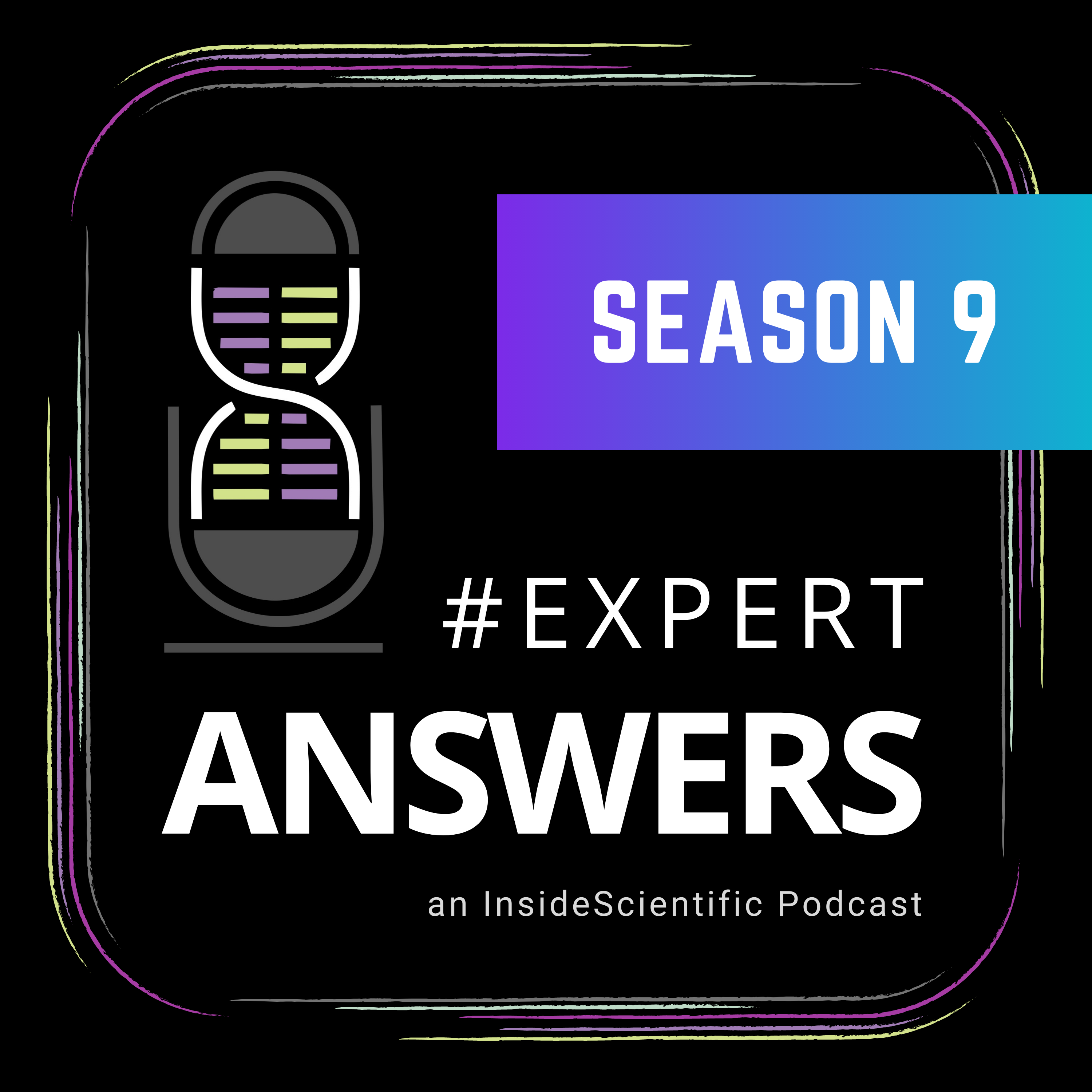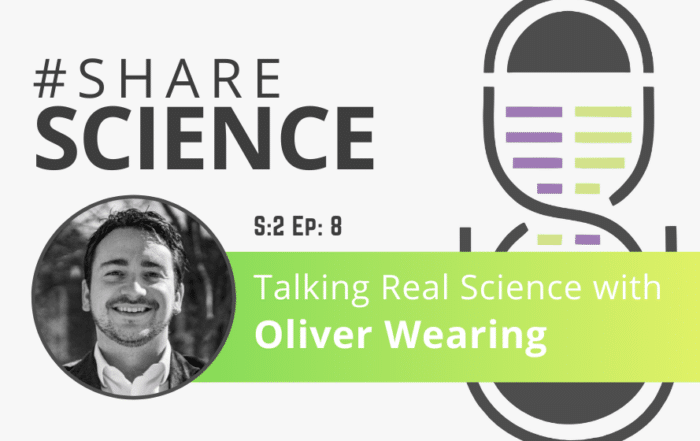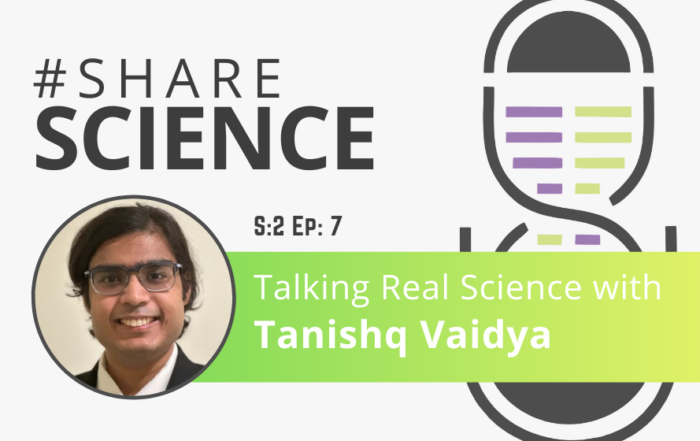
Airdate: Thursday, December 8, 2022 Season: 9 Episode: 48
Guest: George Portugal
In this episode of #ExpertAnswers join Dr. George Portugal, a Senior Applications Scientist at Harvard Bioscience, as he answers questions from a recent webinar that focused on microelectrode array (MEA) technology used for cardiac research and some best practices for integrating this technique into your research protocols.
For more information and to watch the webinar, click here.
Associated Webinar: Cardiac Research Using Microelectrode Array Technology: Methodology Considerations and Best Practices to Optimize Recording
Similar Podcasts
Talking Real Science with Oliver Wearing
Oliver Wearing shares what led him to study the relationship between cardiovascular physiology and the autonomic nervous system, how achieving his various positions and awards have allowed him to pursue his research goals, and where he hopes to take his work next.
Talking Real Science with Tanishq Vaidya
Tanishq is one of 10 winners of the inaugural Scientist.com STEM Research NIL Award. In this episode, he discusses his current research interests, projects, and where the road lies ahead for his future career aspirations in STEM.
#ExpertAnswers: Artur Fedorowoski on Cardiovascular Dysautonomia in Post-COVID-19
Artur Fedorowski explains CV dysautonomia as a specific sequalae of acute COVID-19 and guides the audience in the diagnostic work-up of PASC patients with suspected cardiovascular complications.
Related Content
Getting to the Heart of Cardiovascular Research: From Yesterday to Today and Looking Towards Tomorrow
Dr. Melanie White presents the various methods for assessing cardiac function in the context of pathology, spanning from in vitro to in vivo techniques, and how she integrates these with cutting-edge mass spectrometry in her research on cardiovascular disease pathogenesis.
Photoacoustic Imaging in Angiotensin II Induced Cardiac Hypertrophy Mice
Hear Dr. Emily Lupton on her lab's investigation whether photoacoustic imaging (PAI) could provide novel imaging in the heart after angiotensin-II induced hypertrophy with and without treatment with losartan.
Understanding Advanced Cardiac Tissue Slice Applications
Watch to understand how cardiac slices and the IonOptix Cardiac Slice System can be used to complement and improve upon traditional cardiac investigations.










